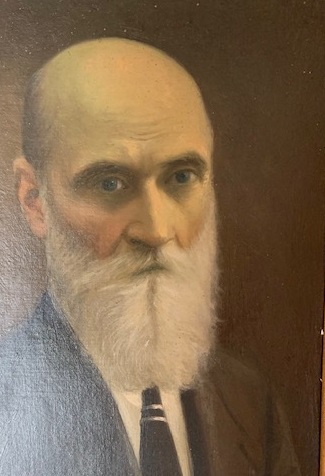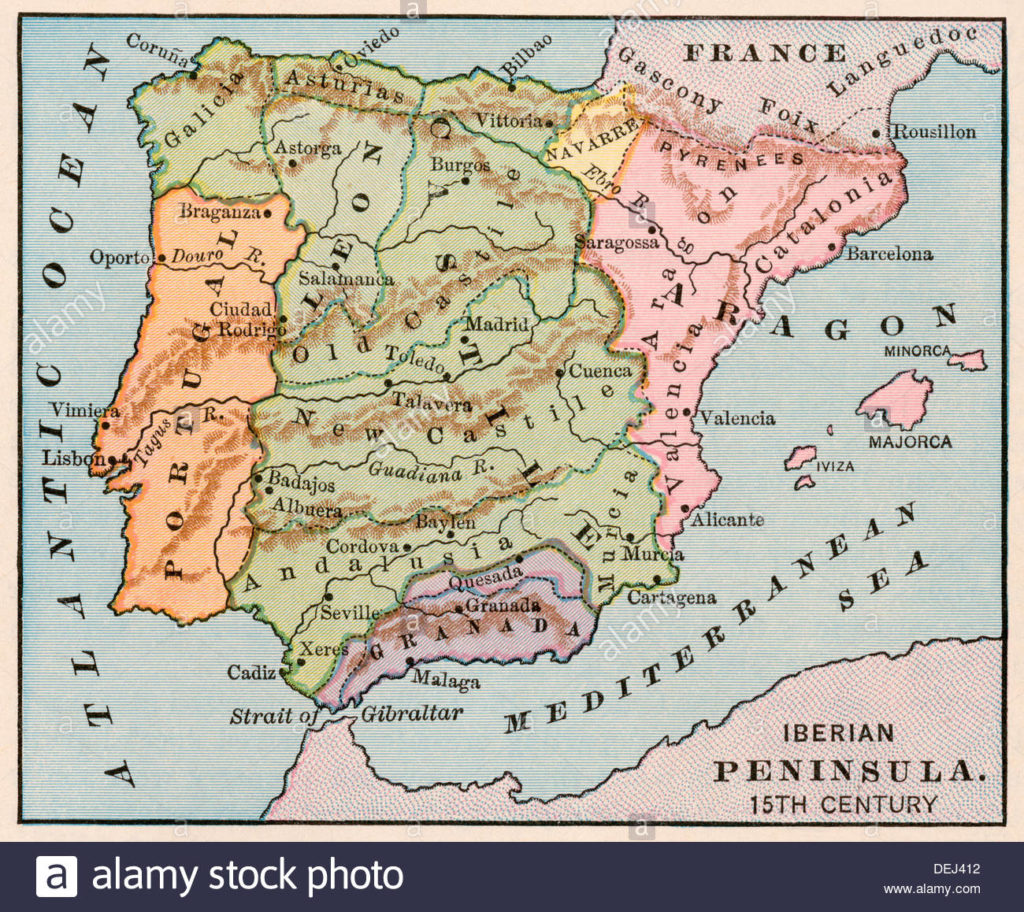Poem by Abraham Cappon; melody and arrangement by Flory Jagoda
Merchant, journalist, teacher, cantor, poet, and playwright, Abraham Cappon was born in Ruschuk (now Ruse), Bulgaria, in 1853. The last three decades of his life he spent in Sarajevo, where he died in 1931, so he was living in that city when Flory was born there in 1923. After the Spanish Jews were exiled in 1492, wherever they settled they continued to speak Spanish, which evolved into regional dialects that often included Hebrew and words from the vocabularies of their host countries; that language is now commonly known as Ladino. Abraham Cappon felt a powerful connection to the land from which his ancestors were exiled more than four centuries earlier. Cappon’s most famous poem, “A tí, España,” poignantly expresses the love of Spain that the Sephardim kept in their hearts, despite everything that had happened to them. Cappon’s longing and affection for the Spain of his ancestors led him to compose many of his works in Castilian Spanish rather than Ladino (thus, in the title to this poem he used the spelling “España” instead of the using the Ladino orthography, “Espanya”). However, when Flory put a melody to the poem, she changed various words to conform with her native Ladino and that’s the way she taught the song to Susan. So, for example, you will hear the Ladino word “muestros” rather than the Castilian “nuestros” in our version.
Cappon’s poem was read publicly in Oviedo, Spain, at a 1992 ceremony that commemorated the formal reconciliation of the Spanish government with the World Sephardi Organization and Sephardic Jews everywhere, descendants of the exiles of 1492. After the last line of the poem Cappon added the following epigram: “En nombre de los sefarditas amantes y conservadores de la lengua de Cervantes.” (On behalf of the Sephardic lovers and conservators of the language of Cervantes.).
King Juan Carlos also issued an official apology to the descendants of the exiled Sephardim in 1992, and in 2015 the Spanish Parliament offered citizenship to Sephardim who could trace their ancestry to Spain. As of 2019 about 6,000 Jews had gone through an arduous process to become Spanish citizens. For more information about this offer and the process to obtain Spanish citizenship, Kiku Adatto’s article in The Atlantic is well worth reading.
The Altaracs, Flory’s mother’s family, like many other Sephardic exiles, settled in the Balkans. While Flory was born in Sarajevo, her mother’s large extended family lived in the village of Vlasenica, Bosnia (part of the former Yugoslavia at the time of Flory’s birth), and it was there that Flory spent much of her early life. Her first languages were Ladino and what was then known as Serbo-Croatian. In the interview conducted by Ellen Friedland and Curt Fissell for the documentary “Flory’s Flame,” Flory says, “Everything that was Spanish, to us was Jewish.” She quotes the line from Cappon’s poem: “Even though you sent us out from your chest, we still love you.” While we are unsure how and when Flory encountered “A tí, España” there must have been considerable publicity about the Spanish apology among the Sephardim in 1992, so it’s likely that someone brought it to her attention around that time.
Read about Abraham Cappon, a Spaniard without a country
Susan, vocals, guitar; Tina, bass viol; Howard, guitar
Shane Shanahan, castanets
LYRIC + TRANSLATIONS
| A ti, Espanya bien kerida | You, beloved Spain… |
| Muzotrus Madre te yamamos | We call you our Mother |
| I miyentras toda muestra vida | And all through our lifetime |
| Tu dulsi lingua no deshamos. | We will not abandon your sweet language. |
| Aunke tu moz desteraste | Although you sent us |
| De tu seno | From your breast |
| No estankamos de amarte | We never tire of loving you. |
| A ti Espanya bien kerida | You, beloved Spain… |
| Por ti muzotrus konservamos | For you we reserve |
| Amor filial | Faithful love |
| Te mandamuz muestro amor. | We send you our love. |







